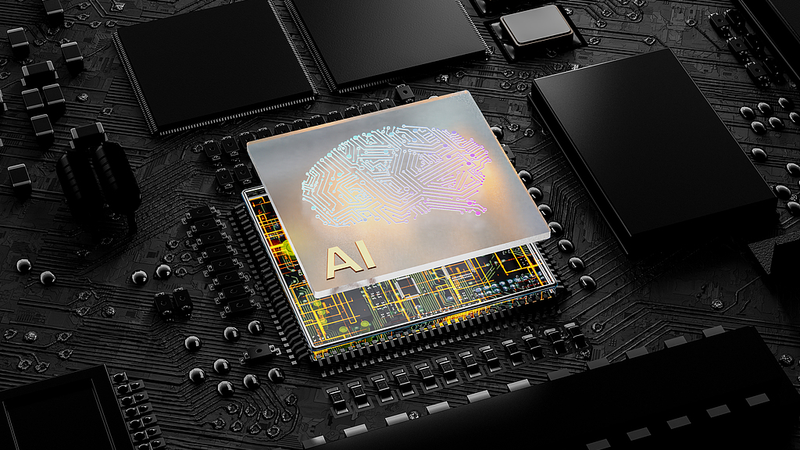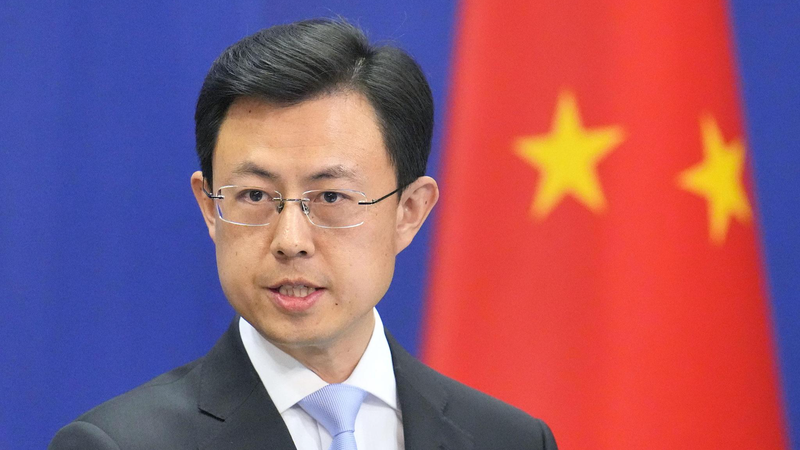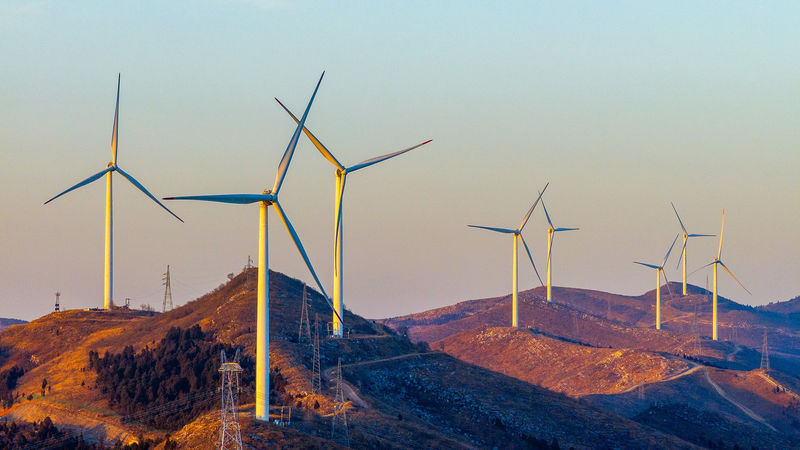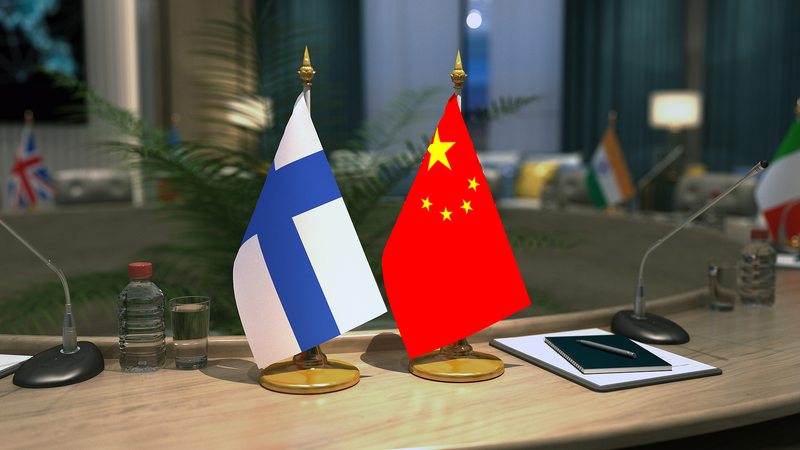The U.S. Department of Commerce has stirred the tech world with fresh chip guidance that warns using Huawei's Ascend AI chips anywhere might break export control rules. This move isn’t just about policy—it spotlights a deeper anxiety about keeping the lead in the fast-evolving AI race. 🔒
NVIDIA CEO Jensen Huang recently remarked that China is not lagging behind, describing the global AI contest as a long-term, infinite race. Leaders from OpenAI, Microsoft, and Advanced Micro Devices have also stressed the need for streamlined policies, urging lawmakers to act swiftly as the pressure mounts on global innovation.
Enforcing these rules across borders is no small feat. The challenge lies in convincing sovereign nations to play by U.S. export control standards—a process that is as tricky as it is politically charged. Amid this complex backdrop, Huawei has emerged as a symbol of resilience. Since coming under U.S. sanctions in 2019, it has ramped up its AI and chip capabilities, recently inviting select tech partners to test its powerful Ascend 910D chip, which may even rival high-end offerings from competitors like Nvidia.
For tech-savvy young professionals and enthusiasts across South and Southeast Asia, this development is a clear sign that the global tech landscape is shifting. It’s not just about control—it’s a call to innovate faster and smarter. Stay tuned as we watch this high-stakes global AI race unfold! 🚀
Reference(s):
cgtn.com




